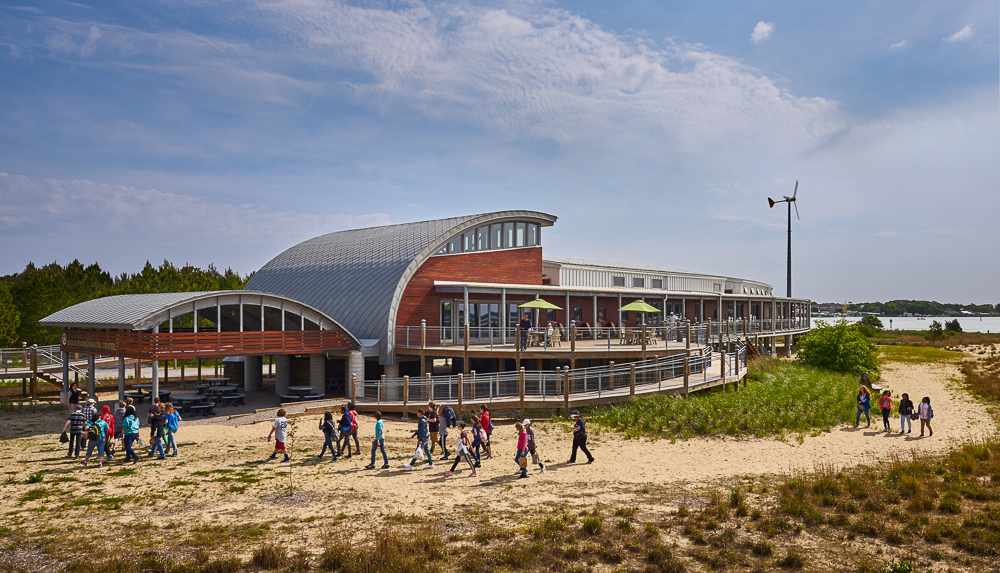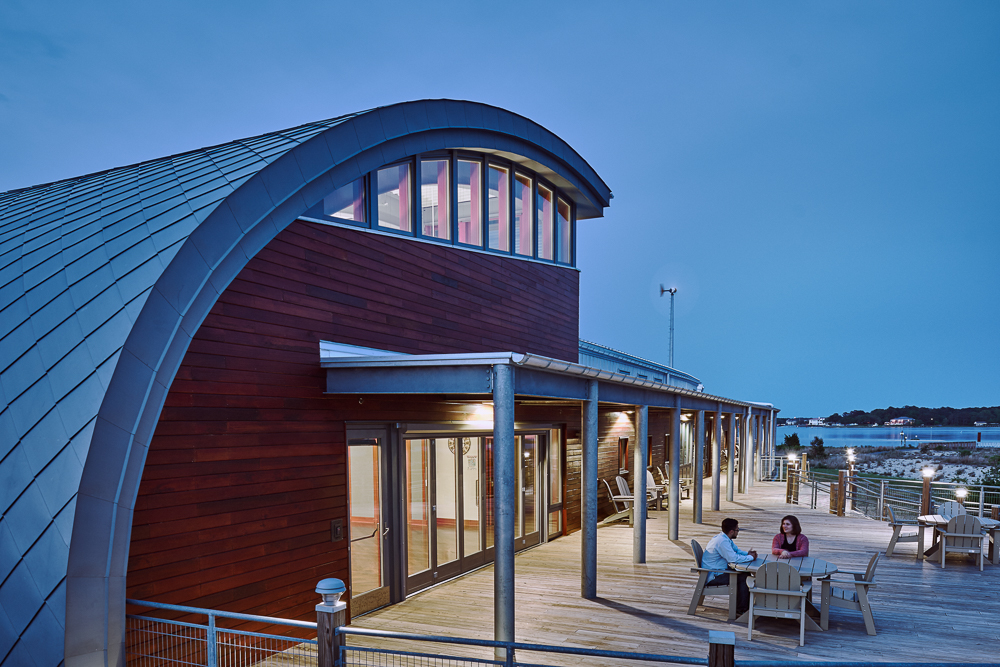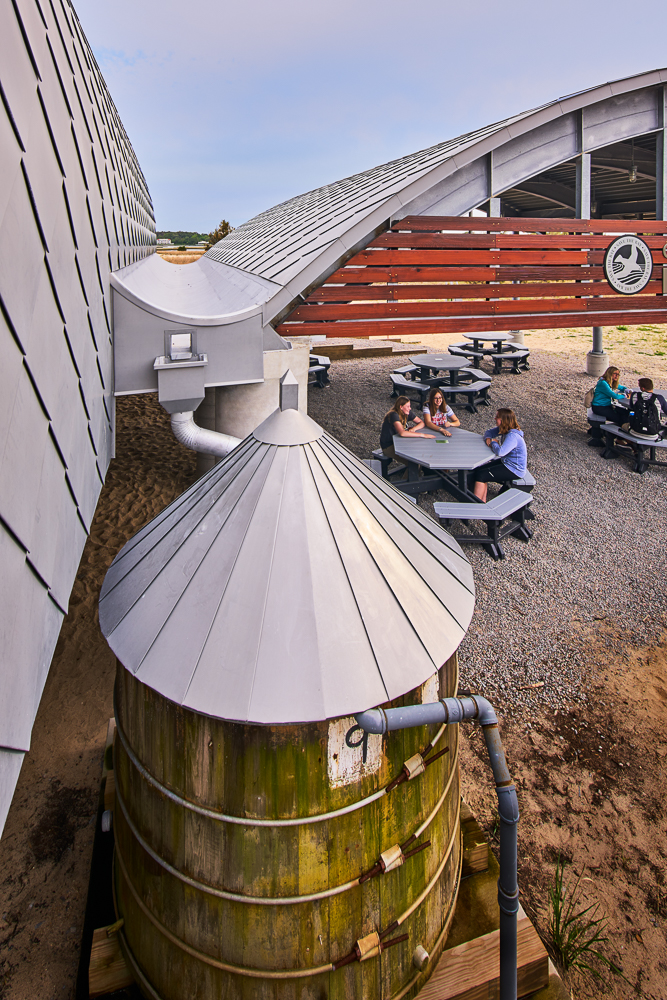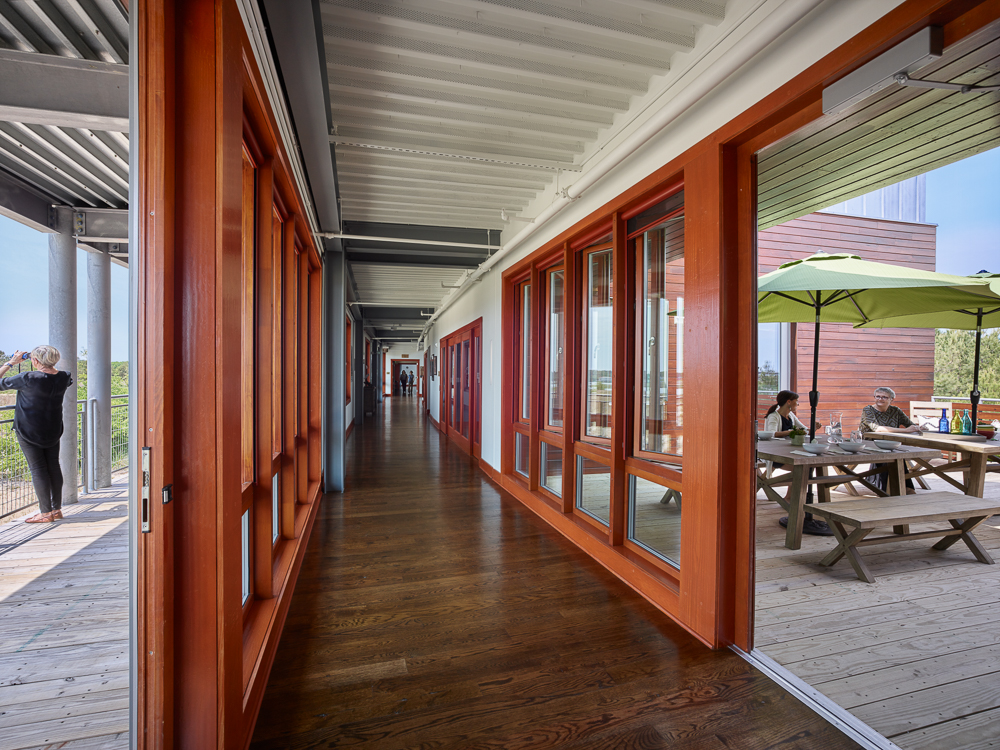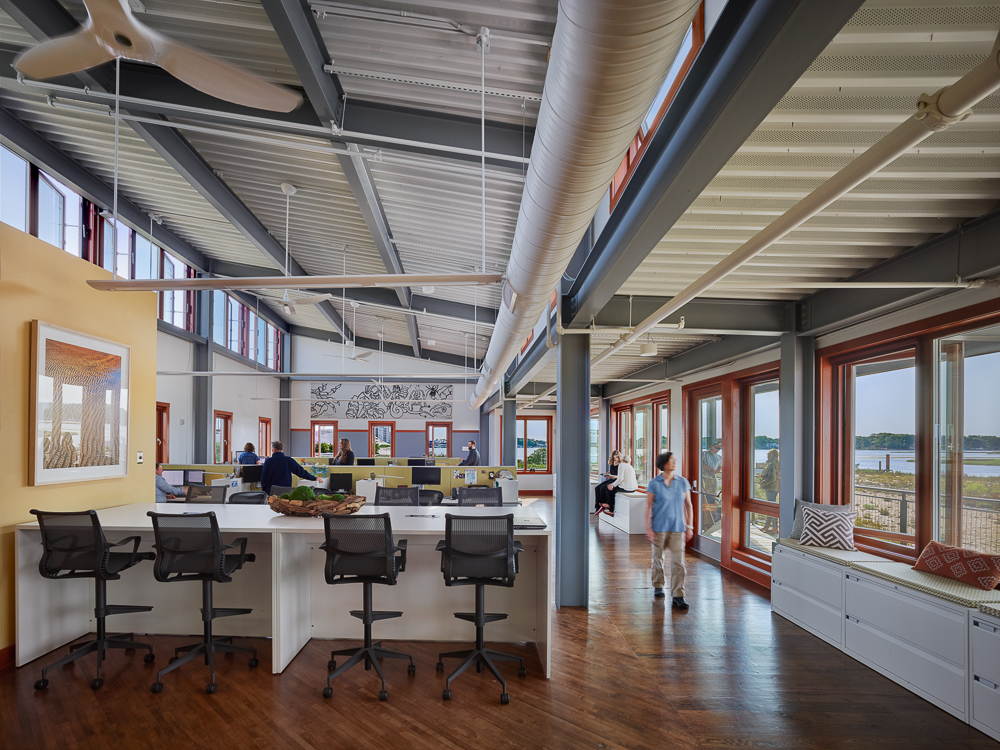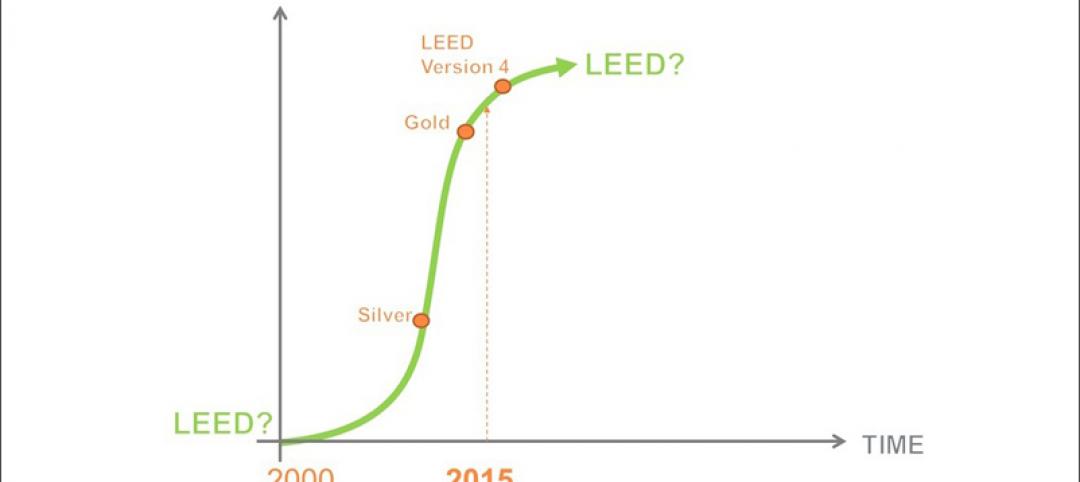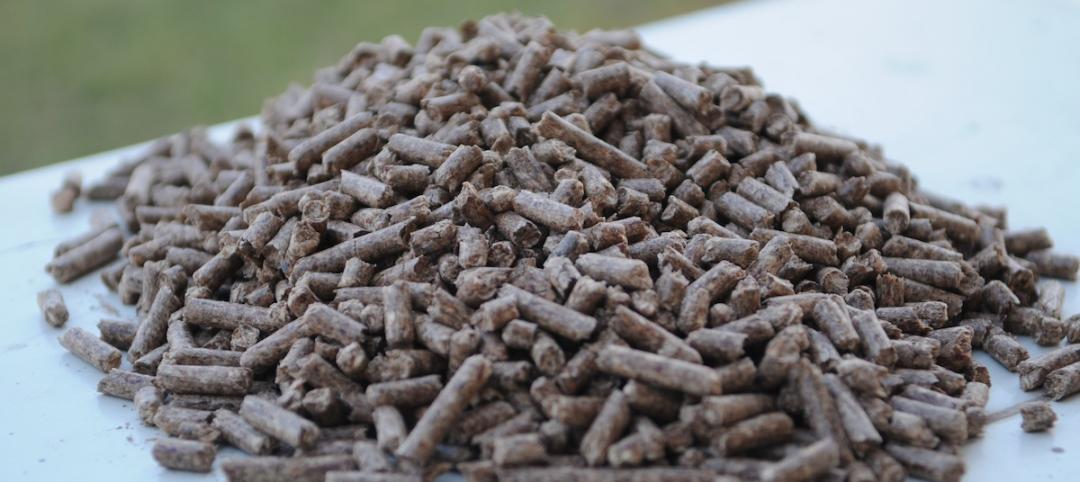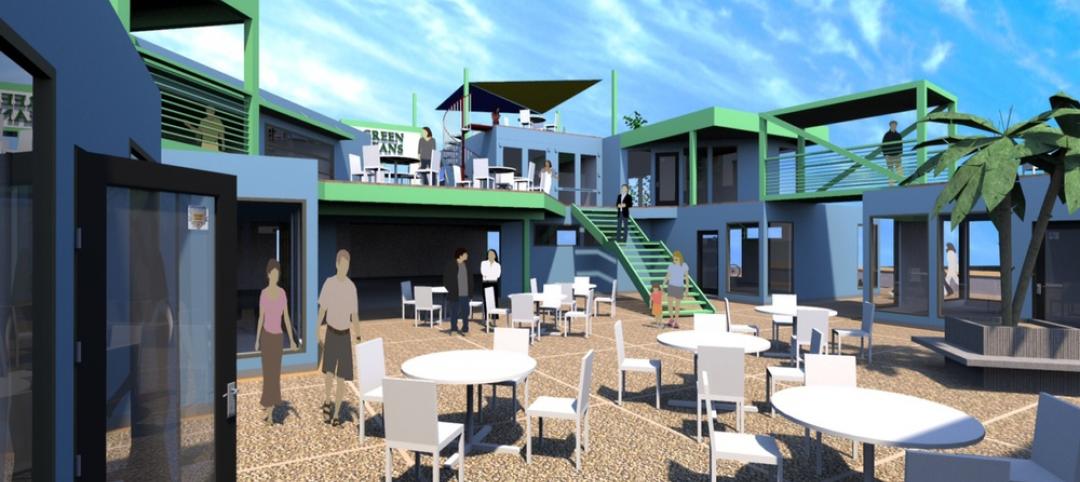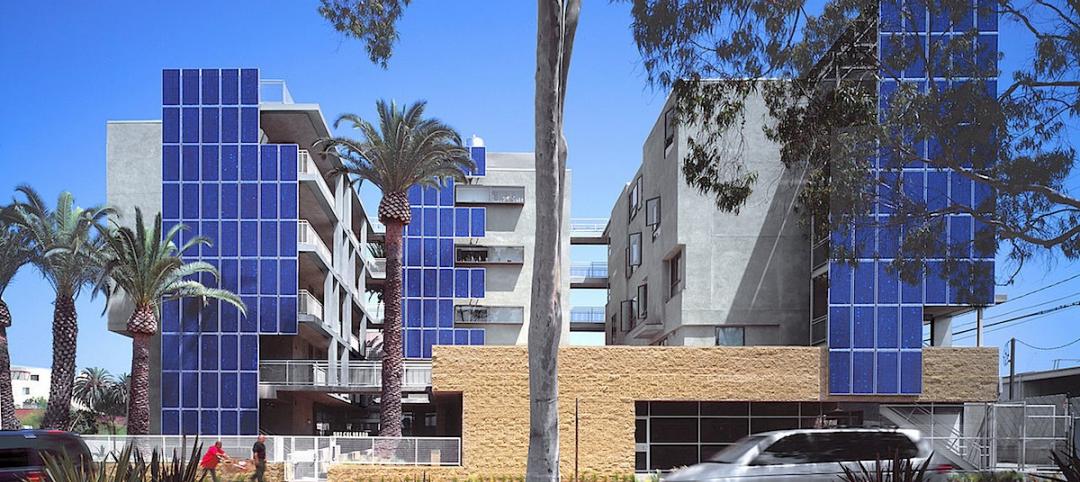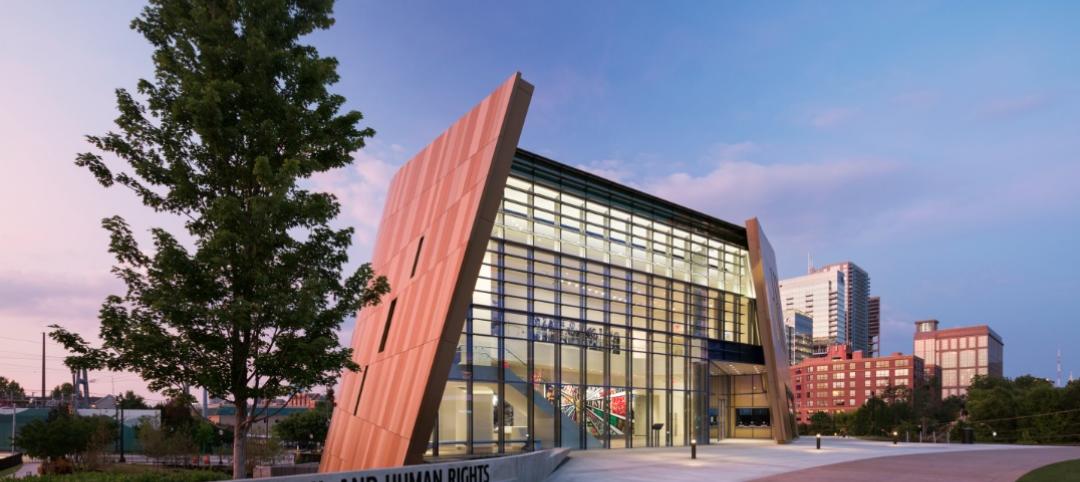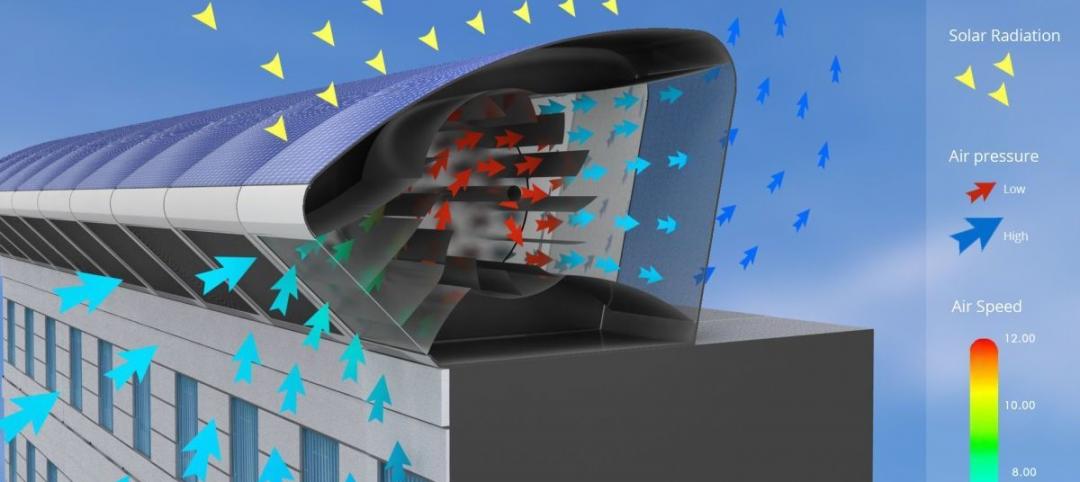This week, the Brock Environmental Center in Virginia Beach, Va., earned Living Building Challenge certification from the International Living Future Institute. The certification means the building produced more energy than it used for 12 consecutive months while meeting other sustainable criteria.
One feature that defines the Chesapeake Bay Foundation’s education building for the is rainwater filtration system that makes the rain drinkable. According to the building’s architect, SmithGroupJJR, the Brock Center is the first commercial building in the continental U.S. to be permitted to treat, to federal standards, harvested rainwater for potable uses. Rainwater is collected from the roof and stored in tanks below an elevated first floor. A filtration system renders the water suitable for drinking and hand washing.
The Brock Center also has waterless, composting toilets, and grey water from sinks and showers is filtered for use in an attached garden of native plants. Water is then naturally cleaned and returned to an underground aquifier.
SmithGroupJJR says the Brock Center generated 83% more energy than it used over the past year. Two 70-foot 10-kilowatt wind turbines and 168 solar panels were used to generate all of the building’s energy.
The 10,500-sf building also has sustainable features like natural daylighting and sunshading, natural ventilation, and geo-thermal heating and cooling.
The Brock Center was completed in November 2014 for $8 million.
(Click photos to enlarge. Photos: Prakash Patel, courtesy SmithGroupJJR.)
Related Stories
K-12 Schools | Feb 26, 2015
D.C.'s Dunbar High School is world's highest-scoring LEED school, earns 91% of base credits
The 280,000-sf school achieved 91 points, out of 100 base points possible for LEED, making it the highest-scoring school in the world certified under USGBC’s LEED for Schools-New Construction system.
Industrial Facilities | Feb 24, 2015
Starchitecture meets agriculture: OMA unveils design for Kentucky community farming facility
The $460 million Food Port project will define a new model for the relationship between consumer and producer.
Green | Feb 23, 2015
State of the green union, and the next big shift in sustainability
The history of the green movement offers cues that we are on the precipice of another significant shift in the green union.
Codes and Standards | Feb 18, 2015
USGBC concerned about developers using LEED registration in marketing
LEED administrators are concerned about a small group of developers or project owners who tout their projects as “LEED pre-certified” and then fail to follow through with certification.
Multifamily Housing | Feb 18, 2015
Make It Right unveils six designs for affordable housing complex
BNIM is among the six firms involved in the project.
Codes and Standards | Feb 12, 2015
ASHRAE, USGBC, IES consider biomass requirements in green building standard
The proposal would add biomass to approved renewables.
Modular Building | Feb 12, 2015
New shipping container complex begins construction in Albuquerque
The Green Jeans Farmery already has a hydroponic farm component courtesy of owner and entrepreneur Roy Solomon.
Multifamily Housing | Feb 6, 2015
Fannie Mae to offer lower interest rates to LEED-certified multifamily properties
For certified properties, Fannie Mae is now granting a 10 basis point reduction in the interest rate of a multifamily refinance, acquisition, or supplemental mortgage loan.
Green | Feb 4, 2015
Illinois leads top 10 states for LEED green building
Collectively, 1,662 commercial and institutional projects became LEED certified within the top 10 states in 2014, representing 251.7 million sf of real estate.
Energy Efficiency | Jan 28, 2015
An urban wind and solar energy system that may actually work
The system was designed to take advantage of a building's air flow and generate energy even if its in the middle of a city.


